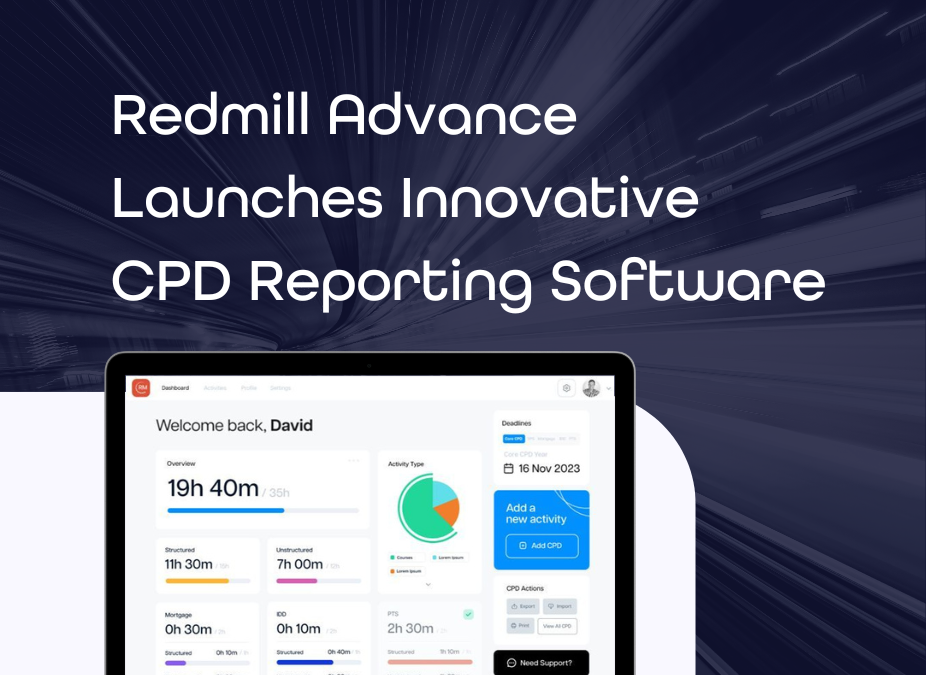It isn’t rocket science…
This is not a difficult exam to pass. How about that for a bold statement? The truth is, though, none of the Advanced Diploma exams are all that difficult to pass, if you have:
- The knowledge required to answer the questions
- The ability to apply that knowledge using the right exam technique
The AF1 examination assumes that you will have the knowledge acquired in taking:
- RO3 – Personal taxation, and
- JO2 – Trusts
Whilst most people reading this will have done the RO3 exam, relatively few will have done JO2. This is often cited by the examiner as a problem in this exam – most candidates don’t have the necessary level of trust knowledge required to do well in the AF1 exam. This is why we will spend a full week looking at trusts in detail. You should go into the exam better prepared than the vast majority of your peers from a technical perspective.
What we need to consider now, then, is how to get that knowledge out most effectively. There is no point in knowing if you can’t SHOW YOU KNOW. At this level, you need to be able to take your knowledge and apply it to relatively complex customer circumstances. Whereas the diploma level questions require you to show knowledge of one technical aspect at a time, at this level you need to be able to take multiple technical aspects of the customer’s situation and apply them in the correct way. This is a much more complex undertaking.
Approaching the exam
This is a three-hour examination. There are 160 marks up for grabs. This breaks down very nicely:
- 10 minutes – read through all three case studies and jot down a few notes
- 160 minutes – answering the questions – one minute per mark available
- 10 minutes – last check through and proof read
The golden rules
There are a number of golden rules in this exam. If you take these on board and follow them for each question, you won’t go too far wrong.
- Before you start, read the entire question paper. We mentioned it above but it is important enough to mention twice! Make some notes for yourself in respect of each question. This will give you some pointers from which to start when you tackle the questions. These few notes form the basis of your answer and you will be surprised how many marks you can pick up very quickly when you return and start to answer. This should take 10 minutes.
- Answer the questions in any order you like. Start with the ‘quick wins’ but don’t split sub-parts of a question. For instance, if question 2a is divided into (i) and (ii) do both together. Leave space at the end of each question in case you want to come back and add further notes later
- Look for the verb. If the question asks you to ‘explain’ you should explain. If it asks you to ‘calculate’ then calculate. In this latter case make sure you show ALL working. You can pick up marks for an incorrect answer if the calculation method is correct.
- Be specific – never refer to ‘tax’ for instance – which tax? At this level, you are expected to go that one step further. You show the depth of your knowledge by giving depth to your answer. The simple difference between ‘tax’ and ‘capital gains tax’ in your answer can be worth a mark.
- Relate the answer to the case study – how does what you are saying relate to the person in the case study? If the question is about Margaret’s Will, then refer to Margaret in your answer. If the question is about a self-employed person, show ‘profit’ rather than salary in your tax calculation.
- Show you know about upcoming changes – even where not directly asked, if you know something is coming up – say so. For example, the proposed abolition of Class 2 National Insurance is worth mentioning. By showing that you know about it, you show the depth of your knowledge.
- Use the tax tables – there is SO much information in those tax tables and some of that information is literally free marks. All you have to do is find it and repeat it. Taking the time to familiarise yourself with the content of the tax tables is vital.
- Write in bullets – the person marking your script doesn’t have all day. Writing lengthy essays slows them down by requiring them to search through endless prose looking for the specific points you were required to make. Putting each point down as a bullet makes life easier for all concerned! You are effectively challenging the marker to give you a mark for each bullet point. If a question is worth 5 marks, look for 6 or 7 bullets to cover yourself – the examiners won’t always be thinking on the same lines as you.
- Work on one minute per mark – with three hours for the exam, one minute per mark is about right. This gives you the time upfront to read the questions and a final ten minutes to review your answers and scribble down any last minute thoughts that might be worth a bonus mark here and there (hence leaving space between your answers).
- Write legibly – related to the above, the marker won’t have the time to spend trying to decipher writing that looks like a spider has crawled over the page. They will give it their best shot, but make life easier for them and help them help you. If you are thinking about writing in block capitals, don’t! It won’t work. You have too much to do for this to be a plausible solution to poor writing.
- Lay out your calculations clearly. Our notes give you a clear way to set out your answers. Following this method will ensure you pick up the marks that are available. Our layout has been taken from the examiners’ notes on past papers so we know it is consistent with what they want to see. Answers should be given to 2 decimal places (pounds and pence).
- Assume nothing! Nothing in this exam is too obvious. Often there are some simple marks up for grabs for stating the obvious. The first thing that comes to your mind is probably worth a mark, however obvious it is. Follow the simple rule, ‘if it isn’t written down, they don’t know that I know’.
Follow these simple rules, apply your knowledge and it should all come together nicely!
Good luck…




